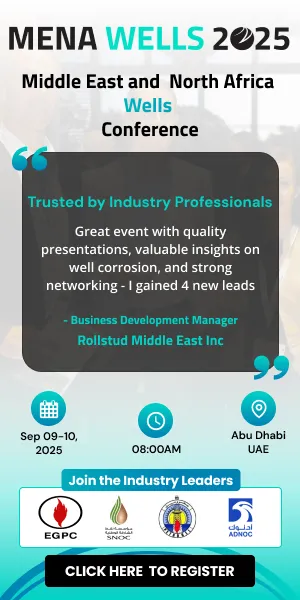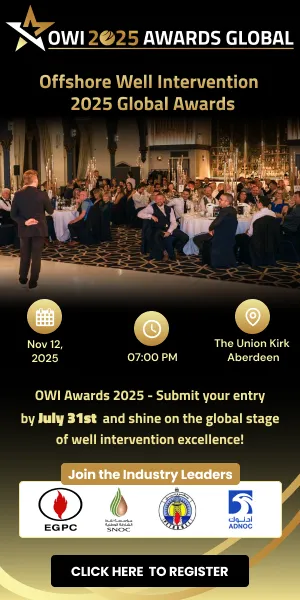The Agogo FPSO has generated first oil for the National Agency for Petroleum, Gas and Biofuels (ANPG) and Azule Energy, actualising the much anticipated Agogo Integrated West Hub project offshore Angola
This comes in less than three years since the Agogo IWH project began in February 2023, with a phased development approach. It involved appraising-driven process, de-risking the full field exploitation. With a well-coordinated effort to simultaneously manage activities across reservoir, engineering and procurement, the deepwater project is said to have been achieved in record time.
The Agogo project involves the development of two fields, Agogo and Ndungu, in the West Hub of Block 15/06. The Agogo IWH project operated by Azule Energy in Block 15/06, with a 36.84% stake alongside partners Sonangol E&P (36.84%) and Sinopec International (26.32%), is set to add substantial production to Angola's energy landscape. Together, the two fields have estimated reserves of approximately 450 million barrels, with projected peak production of 175,000 barrels per day, produced via two FPSOs (Agogo and Ngoma).
An ode to technological innovation and lower-emissions future, all topsides and marine systems of the Agogo FPSO are designed to be fully electric. Touted as a 'green' FPSO, it features a pilot carbon capture and utilisation/storage (CCUS) unit to recover remaining CO2 volumes. Additionally, the FPSO benefits from combined cycle power generation.
"This new milestone that we have recorded in the Agogo Project reinforces our certainty that we have made the right investment in technological innovation and the valourisation of Angola's natural resources, in an industry where it is essential to combine sustainability, efficiency and inclusion procedures. It is worth highlighting that this is an FPSO prepared to reduce carbon emissions, aligning with energy transition objectives. Furthermore, it demonstrates a strong investment in national human capital, with 80% of the workforce comprised of Angolans,' said the chairman of the Board of Directors of ANPG, Paulino Jerónimo.
"The startup of the Agogo IWH project, sanctioned just months after Azule Energy's formation, represents a defining moment for our company," said Adriano Mongini, CEO of Azule Energy. "It demonstrates not only our technical capabilities but also our firm commitment to supporting Angola's energy landscape. This achievement advances our production goals whilst showcasing our dedication to responsible energy practices through pioneering emission reduction initiatives. We are immensely proud to contribute to Angola's energy future and to set new standards for environmental responsibility in offshore operations."











